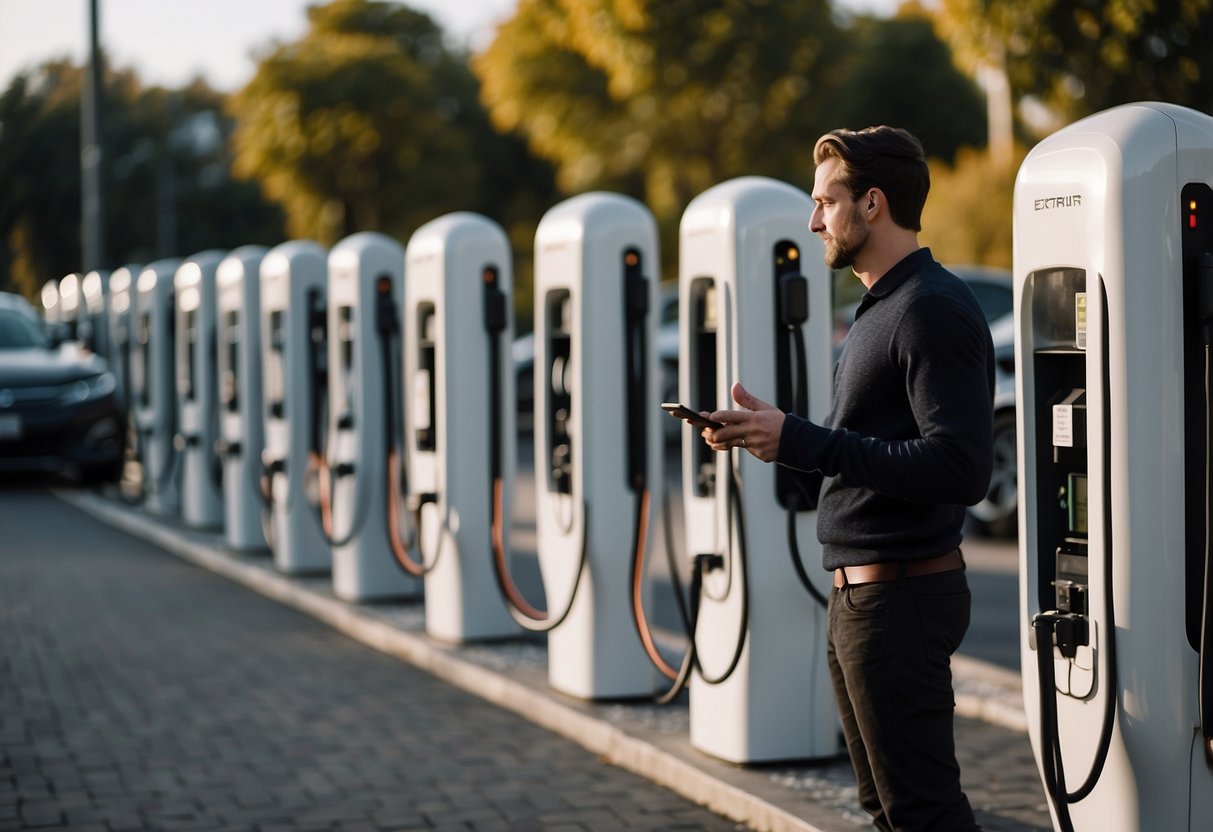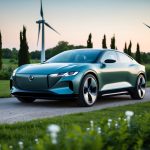
Choosing the right electric vehicle (EV) charger can be a pivotal decision for any EV owner. The key factors to consider include charger type, charging speed, and installation requirements. By understanding these elements, one can ensure their vehicle is always charged and ready for any journey.
There are different types of chargers available, such as Level 1, Level 2, and DC fast chargers. Level 2 chargers often provide a balance between cost and efficiency, making them a popular choice among EV owners. It’s essential to match the charger with the vehicle’s capabilities to avoid unnecessary expenses and ensure optimal charging times.
Installation is another critical aspect. Proper installation by a certified electrician ensures safety and efficiency. Checking local regulations and potential rebates can also help mitigate costs. With these points in mind, you can confidently select the right charger to meet your needs.
Understanding Electric Vehicle Charging
Electric vehicle (EV) charging involves understanding the various types of chargers, charging speeds, and what each level means for EV owners. This knowledge can help drivers choose the proper equipment for their specific needs.
Basics of EV Charging
Electric vehicle charging refers to replenishing a vehicle’s battery using a power source. EV chargers come in different capacities and are designed to work with specific vehicle models. The onboard charger converts the AC power from the station to DC power for the battery, an essential step in the charging process.
Charging is typically accomplished through a connector that fits into the EV’s charging port. There are standardized connectors to ensure compatibility. The right charger depends on factors like driving habits and how frequently the vehicle is used.
Types of EV Chargers
There are several types of EV chargers available. Level 1 chargers use a standard household outlet and are the slowest but most accessible option. They are suitable for overnight charging or driving limited miles daily.
Level 2 chargers require a 240-volt outlet, similar to what is used for large home appliances. These can charge an EV much more quickly, making them a popular choice for home and public installations. Lastly, DC Fast Chargers offer rapid charging, often providing an 80% charge in 30 minutes. These are primarily found in commercial settings due to their high cost and power requirements.
Charging Speeds and Level Explanation
Charging speed is categorized into three levels. Level 1 provides the slowest charging, typically adding about 4-5 miles of range per hour. It’s often used when other options are unavailable.
Level 2 chargers significantly increase the speed, adding between 20-30 miles of range per hour. They balance charge time and cost effectively, making them ideal for both home and workplace settings. DC Fast Charging offers the fastest speed, capable of adding hundreds of miles within an hour. It’s best suited for long trips or when faster turnaround is needed.
Understanding the different chargers and speeds helps in planning and optimizing electric vehicle use, ensuring convenience and efficiency.
Assessing Your Charging Needs
When choosing an electric vehicle charger, it’s critical to evaluate various aspects such as compatibility with your vehicle, your daily driving requirements, and whether you’ll primarily charge at home or use public charging stations.
Vehicle Compatibility
One of the major factors to consider is whether the charger is compatible with your vehicle. Electric vehicles typically use different connectors and charging standards. For instance, Tesla vehicles may require a specific adapter to use non-Tesla chargers. Always verify that the charger you select supports your vehicle’s charging protocol.
Compatibility also extends to the power level your vehicle can accept. Some vehicles support only Level 1 or Level 2 charging, while others can handle Level 3 fast charging. Ensure that the charger’s power output matches what your vehicle can handle for optimal efficiency and performance.
Daily Driving Range
Understanding your daily driving range is essential in selecting the right charger. If your commute and daily errands require substantial battery usage, you may benefit from a faster Level 2 home charger. This ensures your vehicle is fully charged and ready each morning, reducing anxiety about running out of power during the day.
For those with shorter daily drives, a Level 1 charger might suffice, provided you can leave your vehicle plugged in overnight. Analyze your typical driving habits to determine the frequency and speed of charging needed to keep your vehicle operational.



